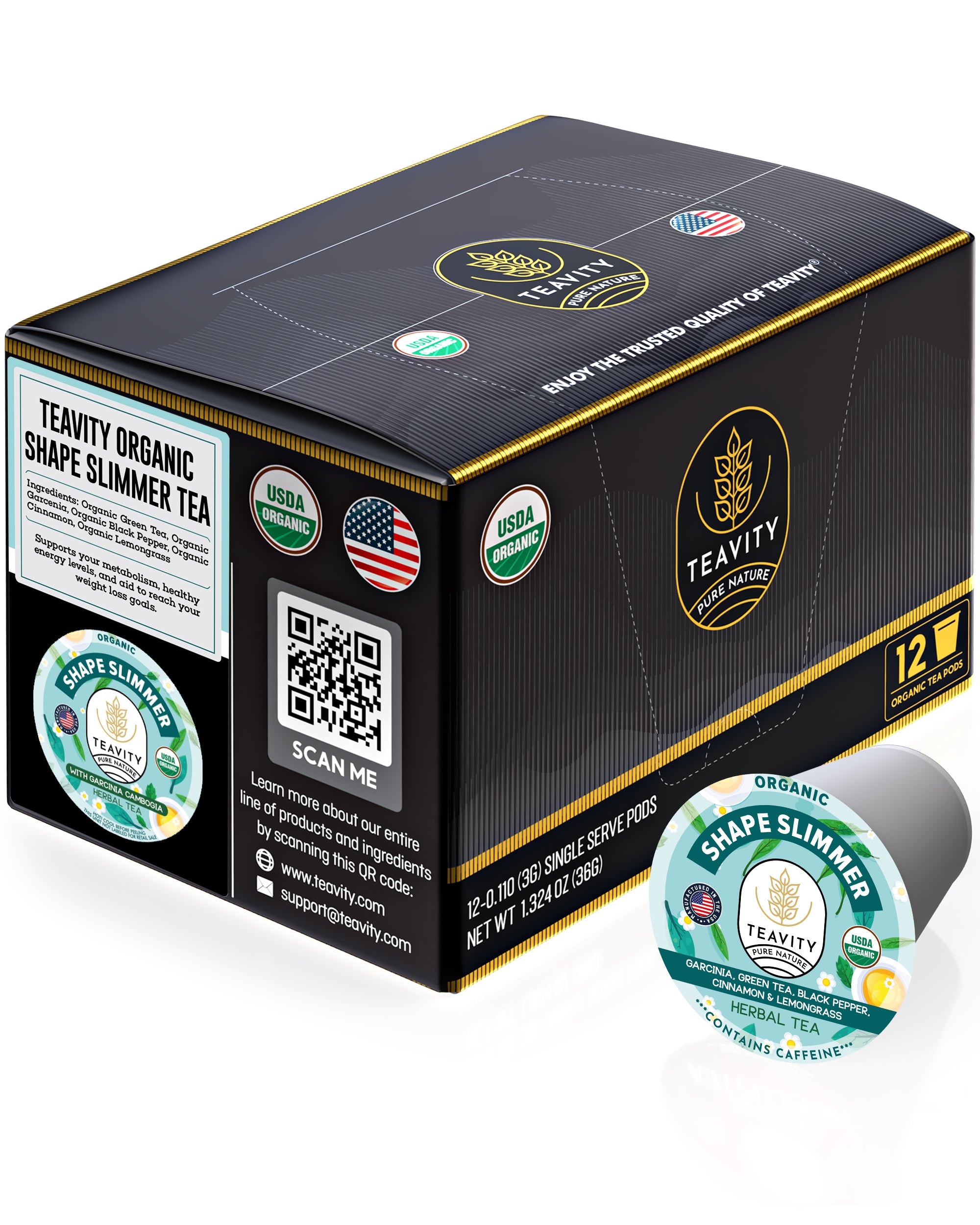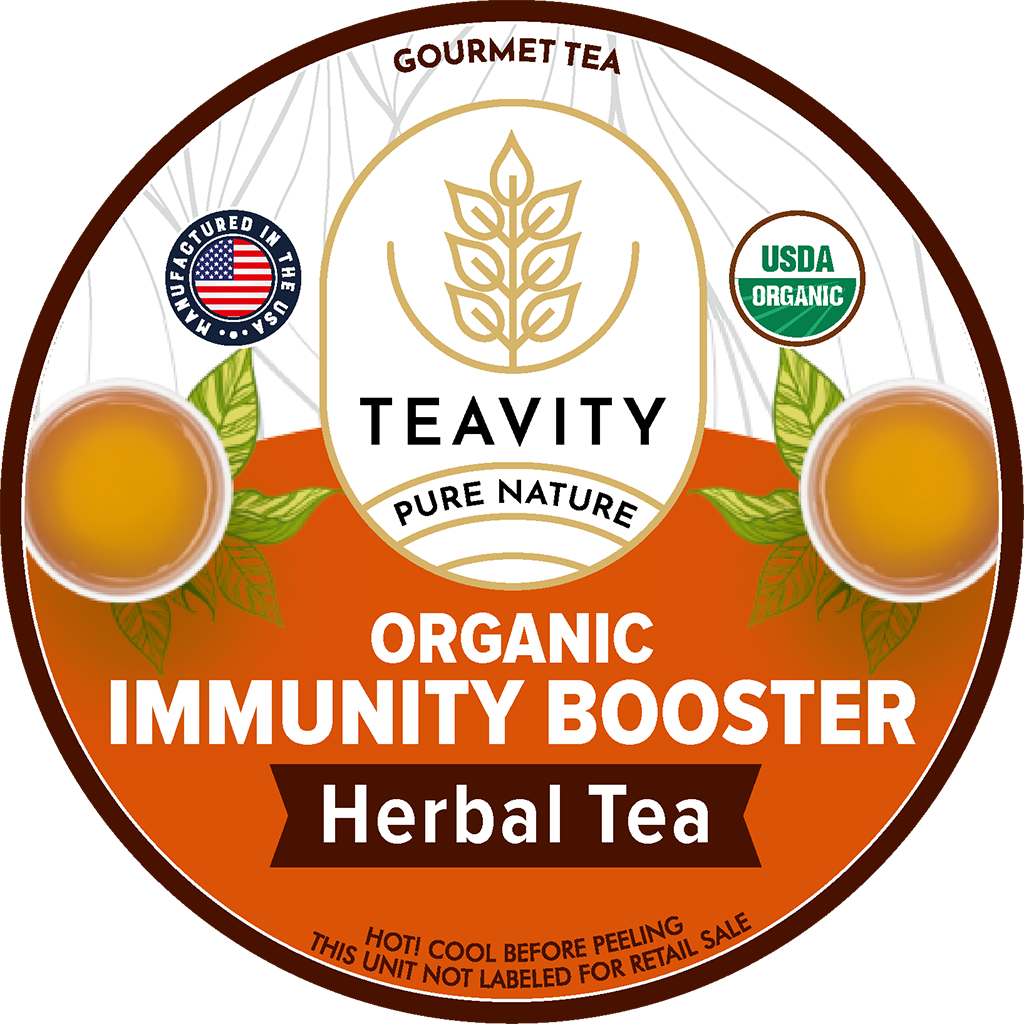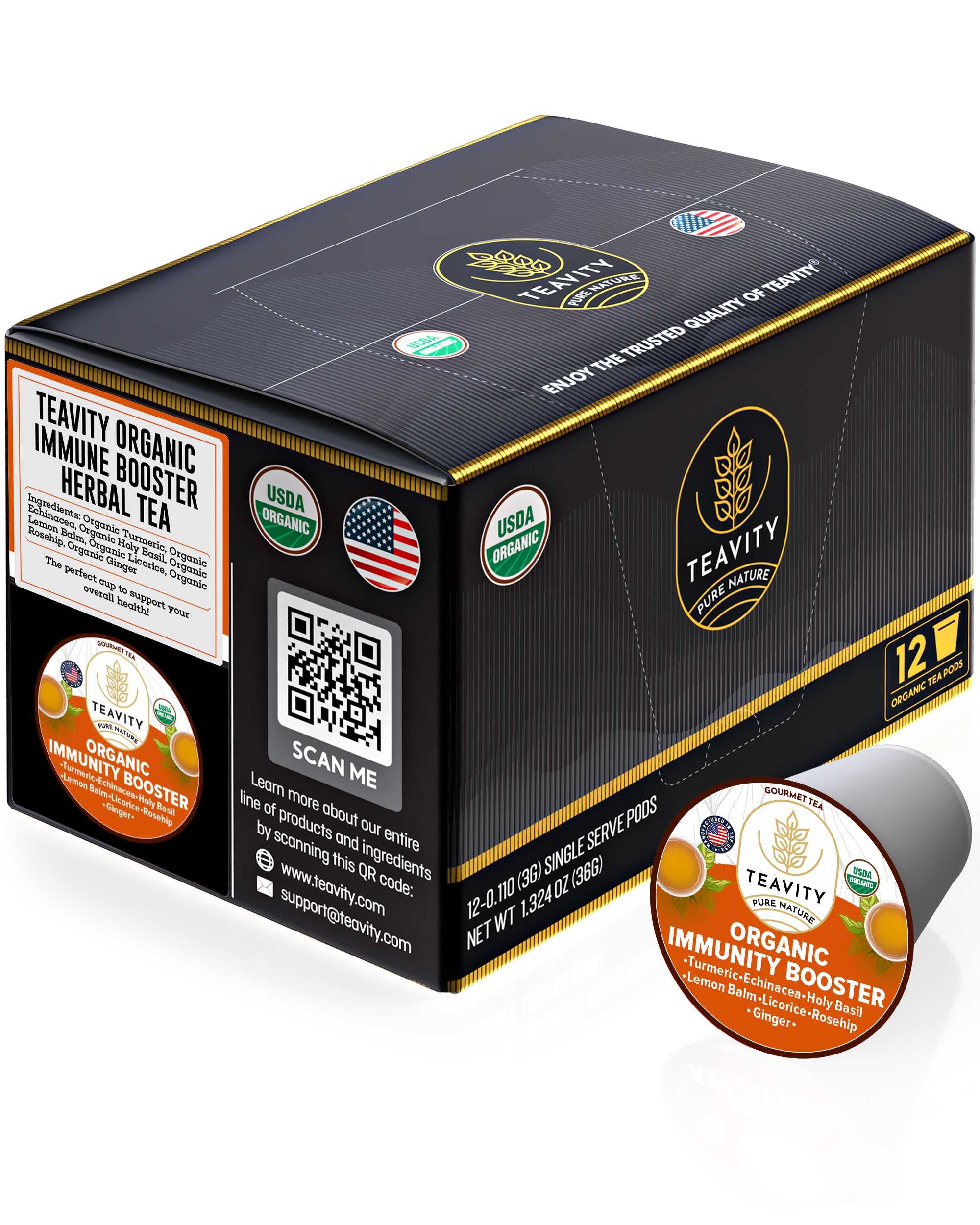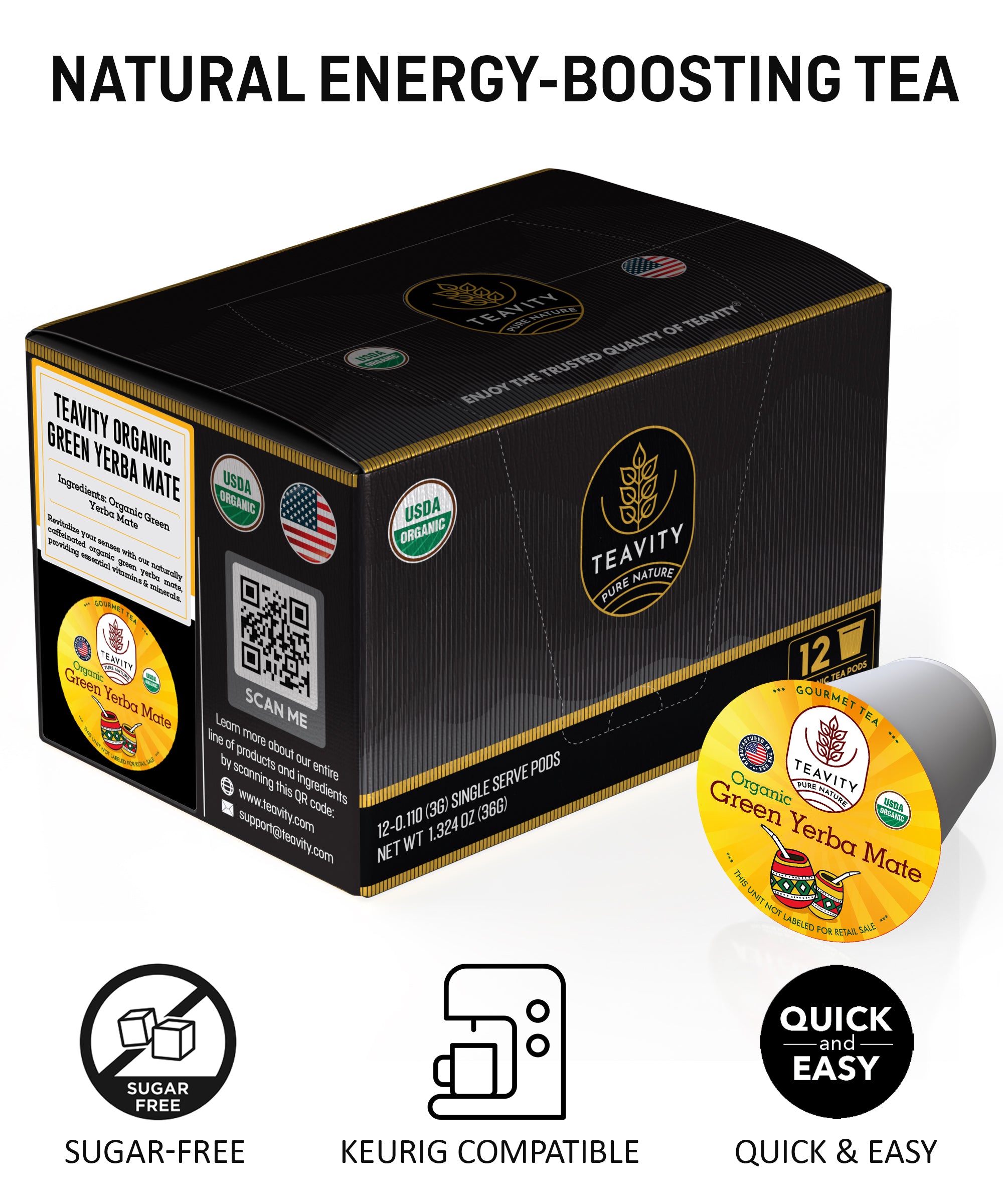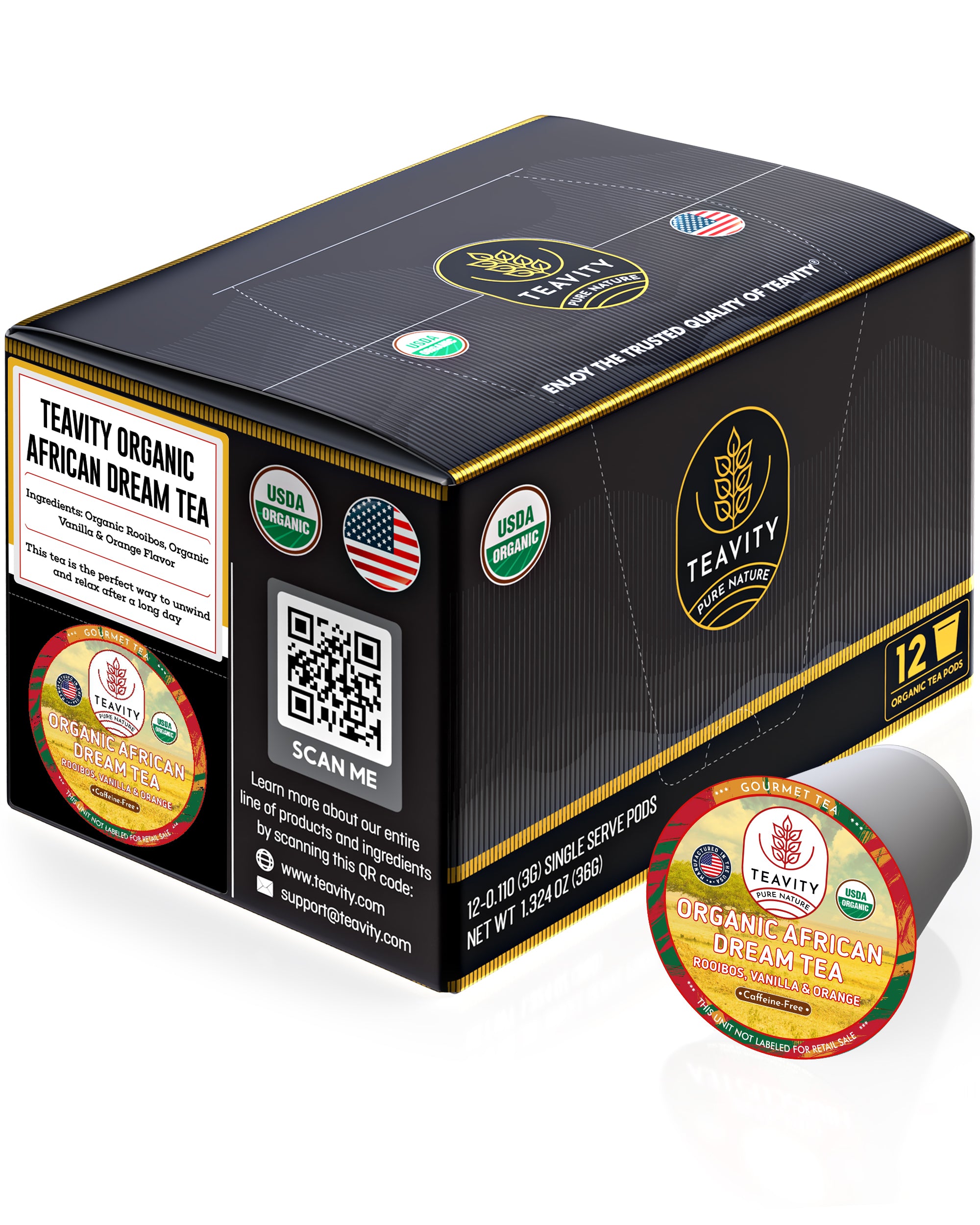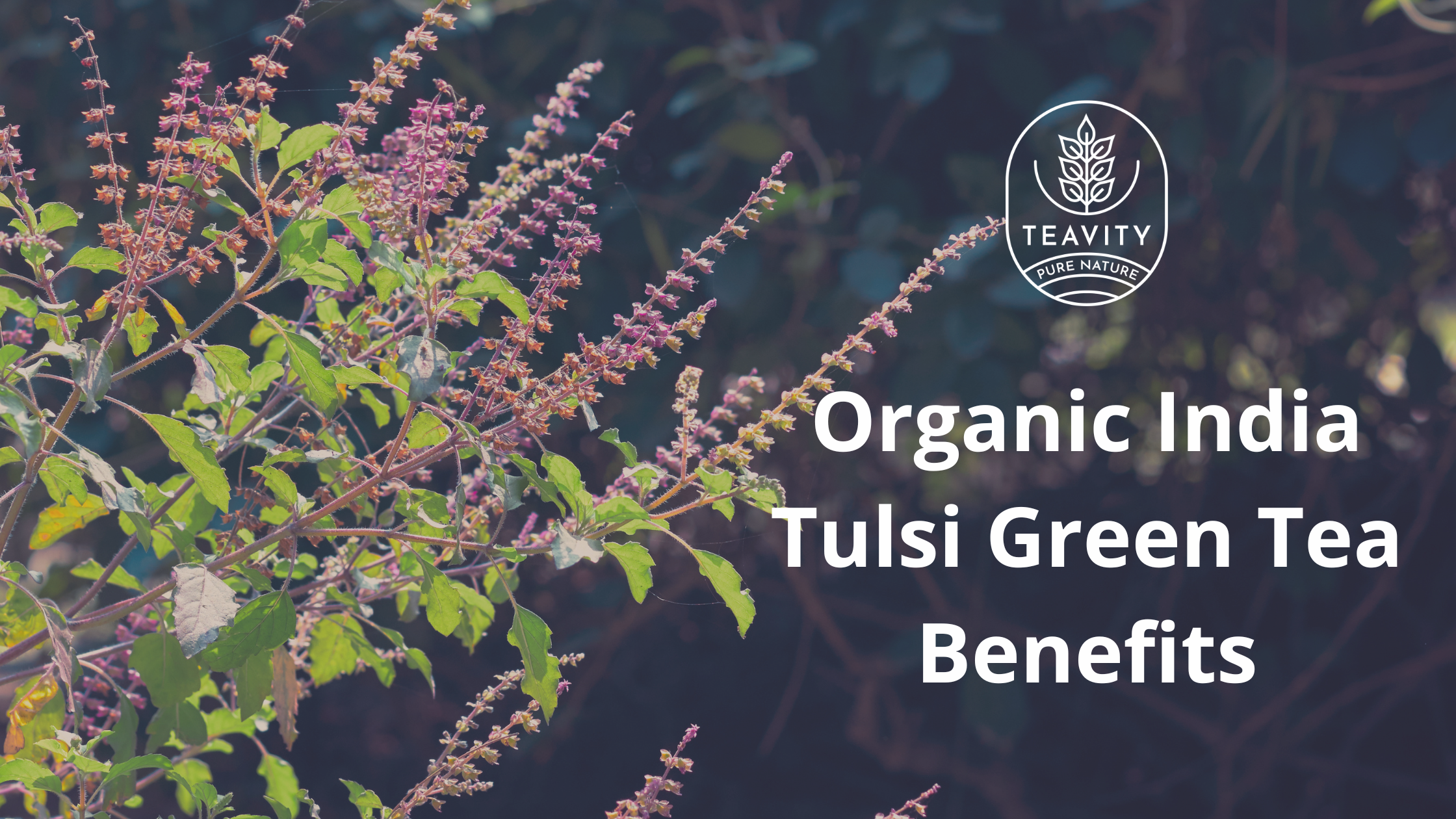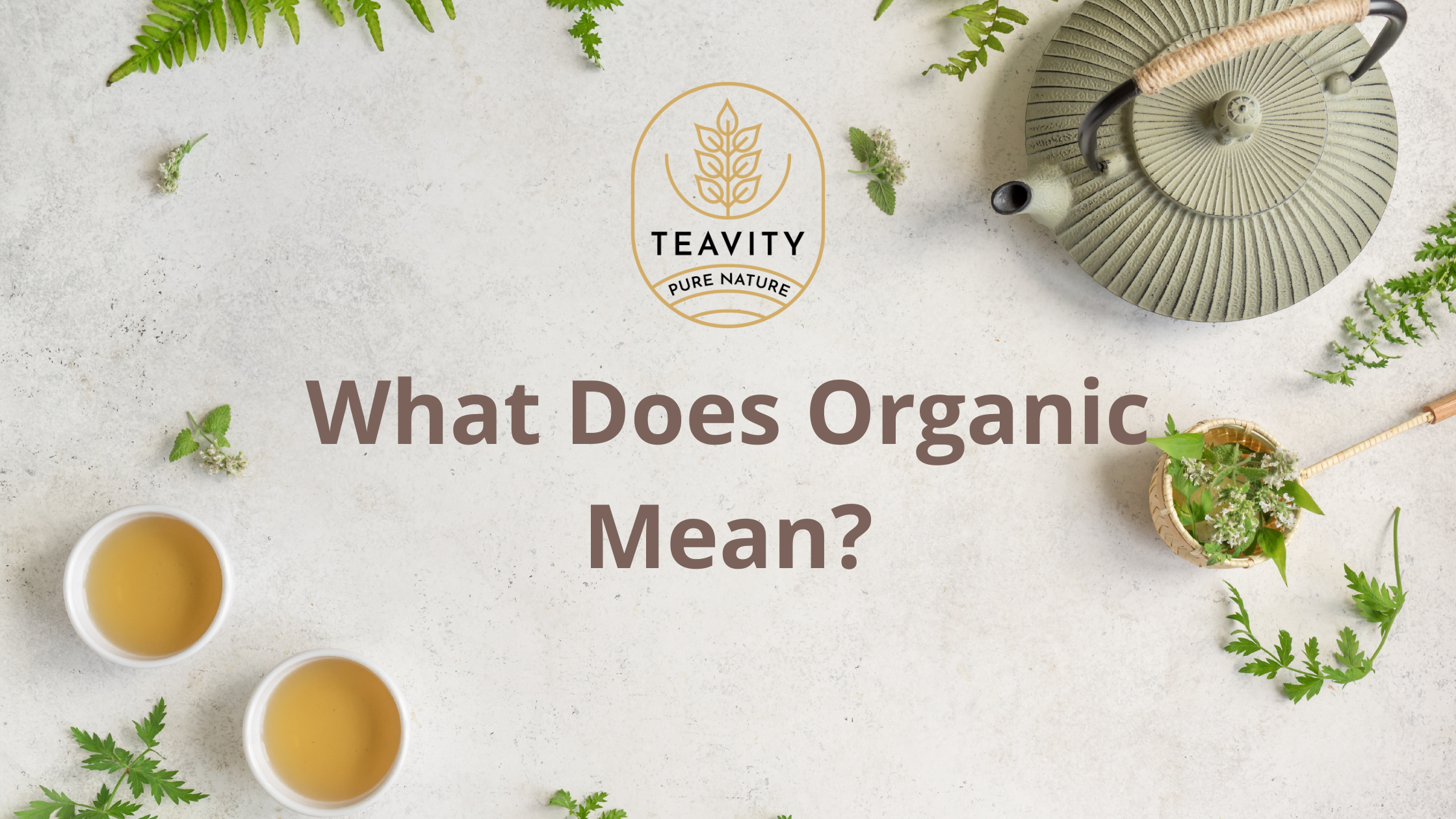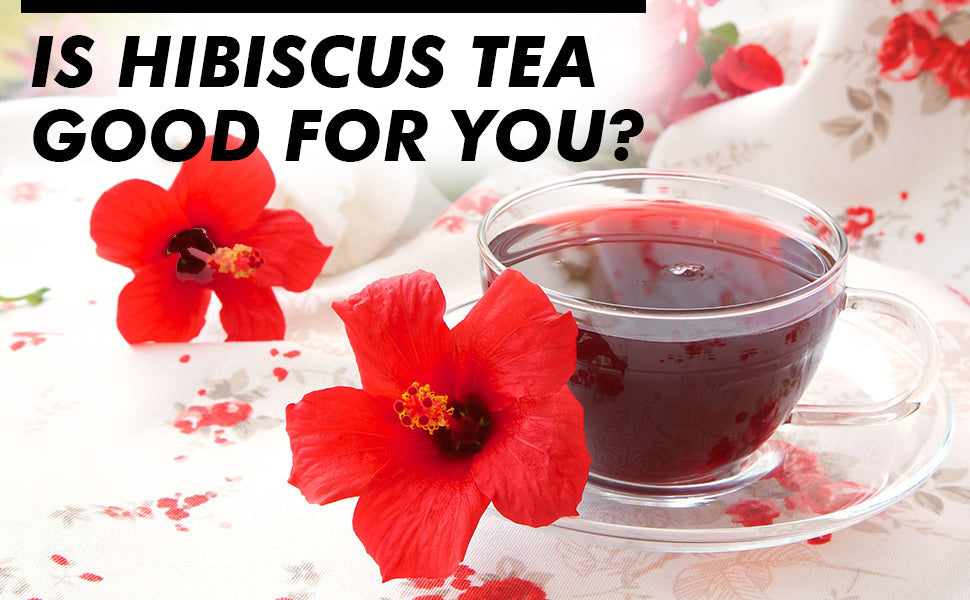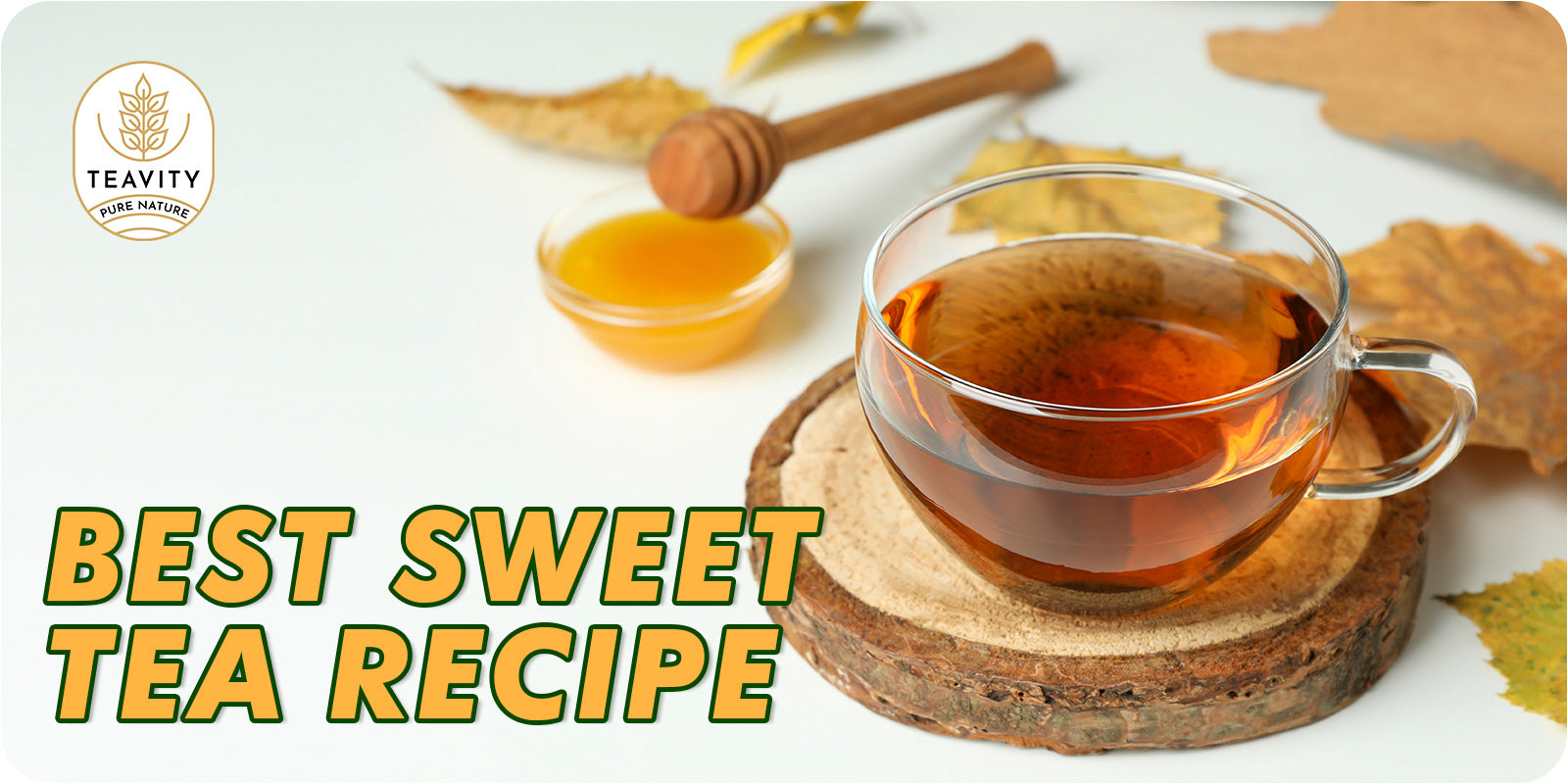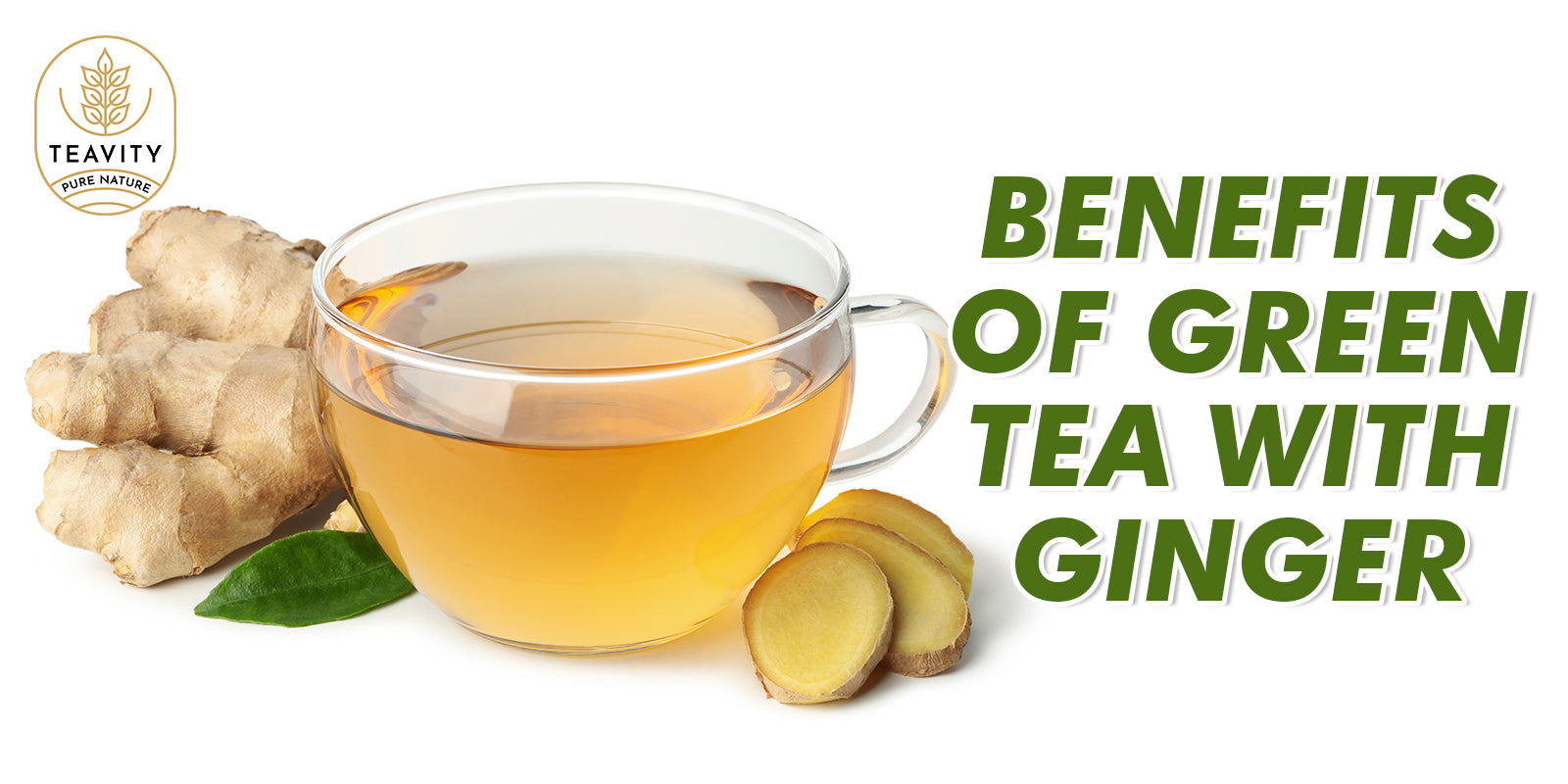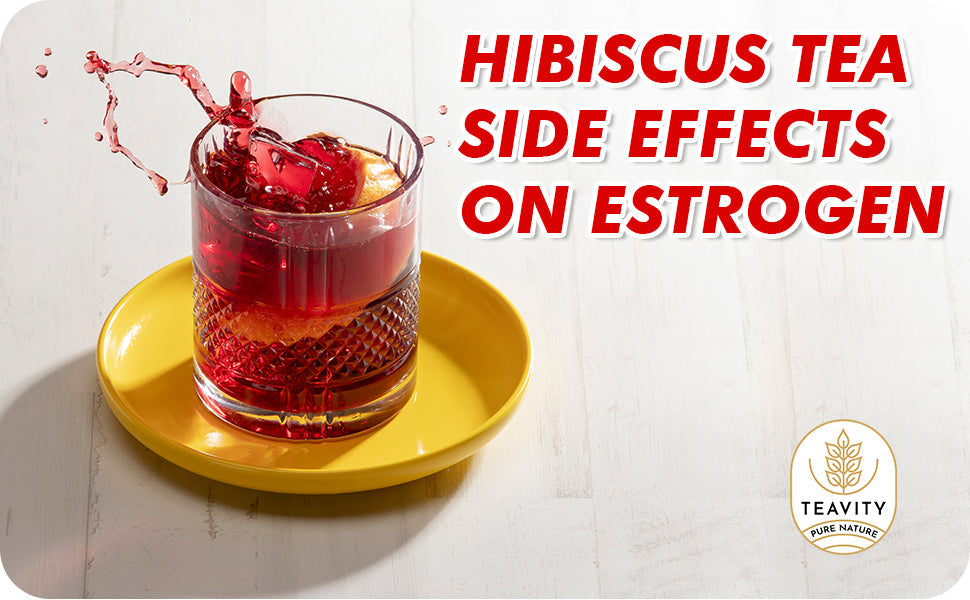
Hibiscus Tea Side Effects on Estrogen
Can Hibiscus Tea Cause Estrogen Dominance? Unveiling the Truth
Hibiscus tea has gained popularity as a refreshing herbal beverage enjoyed by many around the world. However, it's essential to understand the potential side effects that this beverage may have on our hormonal balance, specifically estrogen levels. In this article, we will delve into the effects of hibiscus tea on estrogen and explore the possible implications.
Understanding Estrogen and its Role:
Estrogen is a hormone found in both men and women, playing a crucial role in various bodily functions. It contributes to reproductive health, bone density, cardiovascular health, and overall well-being. Maintaining a balance of estrogen is vital for optimal health, as imbalances can lead to a range of symptoms and health concerns.
Exploring Hibiscus Tea:
Hibiscus tea is a herbal infusion made from the vibrant petals of the hibiscus plant. It has a tart, tangy flavor and is often consumed hot or cold. With its appealing taste and potential health benefits, hibiscus tea has gained popularity as a natural remedy for various conditions, including high blood pressure and oxidative stress.
Possible Side Effects of Hibiscus Tea on Estrogen:
-
Hibiscus Tea and Estrogen Levels: Some studies and anecdotal evidence suggest that hibiscus tea may impact estrogen levels in the body. However, more research is needed to fully understand this relationship and its potential implications.
-
Hibiscus Tea and Hormone Balance: Hormonal balance is crucial for overall health, and any disruption can have far-reaching effects. Some individuals may experience changes in hormonal balance, including estrogen, when consuming hibiscus tea.
-
Estrogen Dominance and Hibiscus Tea: Estrogen dominance occurs when there is an excess of estrogen relative to other hormones in the body. While the direct link between hibiscus tea and estrogen dominance remains unclear, it's important to be aware of any potential impact on estrogen levels.
-
Hibiscus Tea and Menstrual Cycles: Hormonal fluctuations during menstrual cycles can lead to various symptoms. Some women have reported changes in their menstrual cycles after consuming hibiscus tea. Monitoring these changes and seeking medical advice if needed is crucial.
Safety Precautions and Considerations:
A. Consultation with healthcare provider: Before making any significant changes to your diet or herbal consumption, it is advisable to consult a healthcare provider. They can provide personalized guidance based on your health history and individual needs.
B. Personal sensitivity to hibiscus tea: Individuals may react differently to herbal beverages like hibiscus tea. It's important to be aware of your personal sensitivity and observe any changes or discomfort after consuming hibiscus tea.
C. Moderation in consumption: Like with any herbal beverage, moderation is key. While hibiscus tea offers potential health benefits, excessive consumption may lead to unwanted effects. Be mindful of your intake and adjust accordingly.
D. Monitoring hormonal balance: If you choose to consume hibiscus tea regularly, it's important to monitor any noticeable changes in your hormonal balance. Keep track of any symptoms or irregularities and consult a healthcare professional if needed.
By understanding the potential side effects of hibiscus tea on estrogen levels and considering the necessary precautions, you can make informed choices regarding your consumption and maintain a healthy hormonal balance.
Source links:

